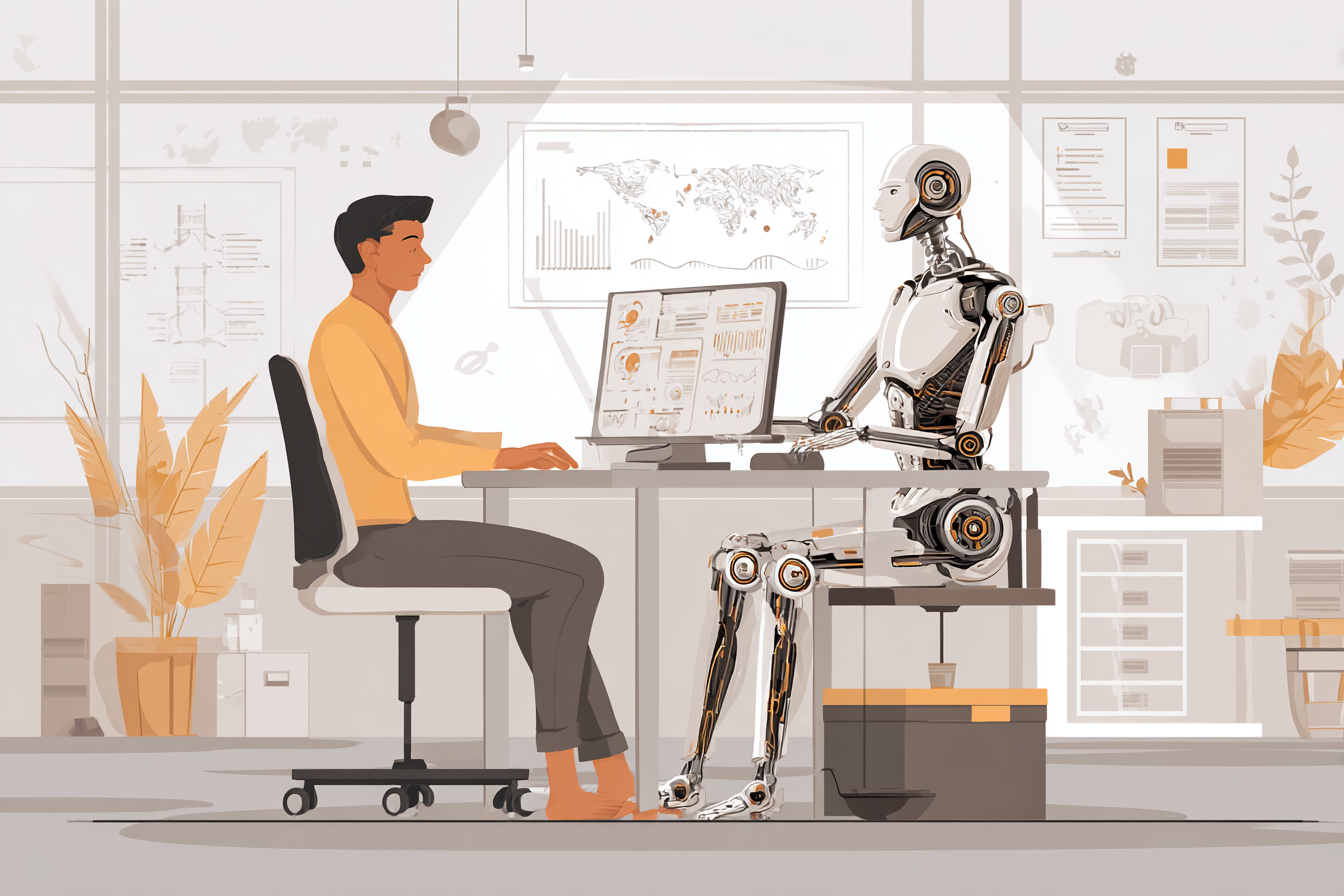In 2025, the professional world stands at a crossroads. The rapid advancement of artificial intelligence (AI) is reshaping the landscape of white-collar employment, prompting both excitement and concern. As AI systems become increasingly capable, tasks once reserved for human professionals are now within the realm of automation. This shift raises critical questions about the future of work, the role of human expertise, and the societal implications of a technologically driven economy.
The Rise of AI in Professional Roles
AI's integration into the workplace is not a distant future—it's happening now. From drafting legal documents to analyzing financial data, AI systems are performing tasks with speed and accuracy that rival, and sometimes surpass, human capabilities. Companies are leveraging AI to enhance efficiency, reduce costs, and gain competitive advantages.
However, this technological leap is not without consequences. Entry-level positions, often seen as stepping stones for career development, are particularly vulnerable. The automation of routine tasks threatens to eliminate opportunities for new professionals to gain experience and grow within their fields.
Predictions and Concerns
Industry leaders have expressed concerns about the rapid adoption of AI and its potential to displace a significant portion of the workforce. Some experts predict that AI could eliminate up to 50% of entry-level white-collar jobs within the next five years, potentially increasing unemployment rates substantially. These projections underscore the need for proactive measures to address the impending changes in the labor market.
Corporate Responses and Adjustments
While the allure of AI-driven efficiency is strong, some companies have encountered challenges in implementation. Issues such as reliability, customer satisfaction, and ethical considerations have prompted organizations to reassess their strategies. For example, certain firms that initially embraced aggressive AI adoption have adjusted their approaches due to unforeseen complications.
These experiences highlight the importance of balancing technological advancement with human oversight and the need for a thoughtful integration of AI into existing workflows.
Navigating the Transition
As AI continues to evolve, it is imperative for businesses, policymakers, and educational institutions to collaborate in preparing the workforce for the future. This includes investing in reskilling programs, promoting lifelong learning, and developing policies that support workers affected by automation.
Moreover, fostering a dialogue between stakeholders can ensure that the deployment of AI technologies aligns with societal values and economic goals. By proactively addressing the challenges posed by AI, we can harness its potential while mitigating adverse impacts on employment.
The rise of AI in white-collar professions presents both opportunities for innovation and challenges for the workforce. By acknowledging the potential disruptions and taking strategic actions, society can navigate this transition towards a more equitable and technologically advanced future.
